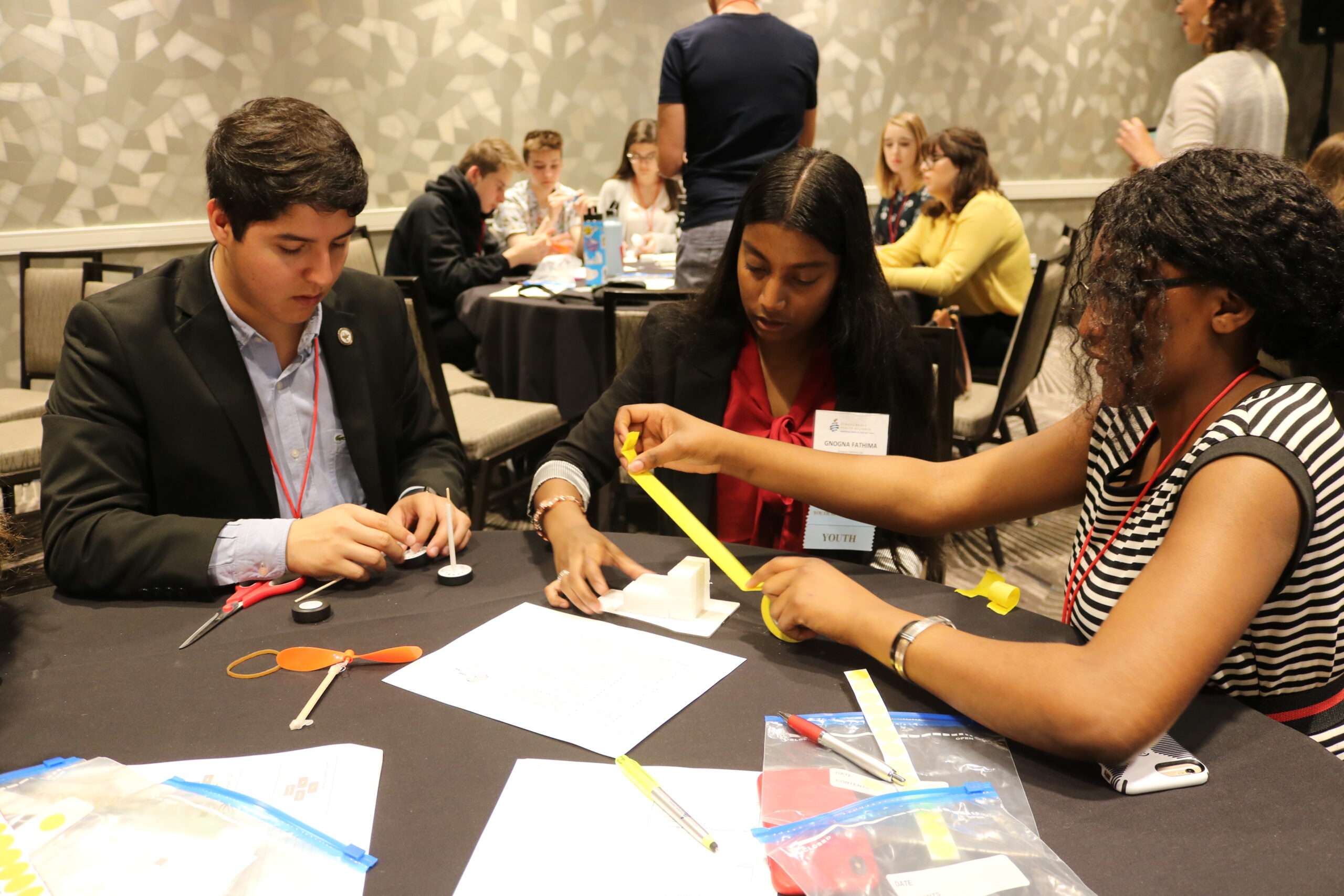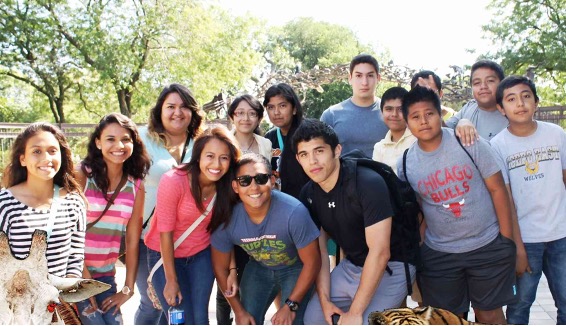



Community support can enhance youth engagement work. Members of the community bring a variety of skills, relationships, and experiences to the table that help cultivate youth engagement in health centers. Communities benefit by improving quality of life, coordinating youth services, and embracing diversity by representing young people.1
Healthy communities are those that, in part, view young people as partners rather than clients, and involve them in positions where their contributions make a difference.
In addition to training youth in programs, community engagement can elevate youth work more broadly. Collaborative efforts with the community can raise awareness of youth participation as a key aspect of positive youth development, as well as raise awareness about the specific health issues the youth program is tackling. Engaging a diverse circle of stakeholders is important in cultivating community support.2
Adults can focus on broadening connections with multiple local networks. When working with youth, the best results can sometimes come from working in partnerships. For example, in an SBHC setting, partnering with school counselors and/or the disciplinary offices can allow the SBHC to reach youth that could benefit from youth-led initiatives. This is also true in community health settings; collaborating with local schools or fellow community centers that work with youth can foster a bridge of support.
Research suggests that the culture, structure, and programming of organizations and schools may be strengthened when youth and adults work together as partners.3 Adults are motivated by the experience of working with youth in collective decision-making and action. When health centers change the policies and programs to accommodate meaningful youth participation, adults report improvements in the quality of the health center.3 There is also evidence that youth engagement helps adults gain more accurate and less stereotypical impressions of youth, and makes adults more likely to engage youth in the future. Youth engagement impacts community agendas by raising public awareness of youth issues and concerns. Finally, youth engagement has been found to impact public policies and practices in ways that enhance quality of life for youth, schools, and communities.3

The Corazón Community Services (CCS) and the Health Committee of the Cicero Youth Task Force are improving the health of their communities by embracing young people as partners, rather than clients, through the Health Ambassador Program in Cicero, IL. The Health Ambassadors Program is an approach that trains youth and adult community members to be peer leaders and advocates for a healthier community. Youth engagement efforts in school-based health centers are strengthened when youth are welcomed and engaged at the table alongside community members with a variety of skills, relationships, and experiences.1 Also, collaborative efforts with the community, like the Health Ambassador Program, highlight youth participation as a key aspect of positive youth development and raise awareness about the specific health issues youth programs’ are tackling.2
The Health Ambassador Program accepts students from grades 6th-12th and pays them a stipend for their time. They receive in-depth, comprehensive education on prevalent adolescent health concerns, trainings on community health advocacy, and peer-to-peer education. These polished ambassadors then work collaboratively with adult coordinators to creatively improve health outcomes via community canvassing, public service announcements, social media campaigns, news articles, town hall meetings, testing opportunities, and survey research. This collaborative program model has allowed for different SBHCs to join community advocacy mobilizations. For example, the Health Ambassadors worked to join the CCS and Morton East High School SBHC in the nationwide Get Yourself Tested (GYT) campaign. Thanks to their efforts, one hundred and seventeen youth were tested for Gonorrhea and Chlamydia, 13% of whom received treatment.
Research suggests that the culture, structure, and programming of organizations and schools is strengthened when youth and adults work together as partners.3 Initiatives like the Health Ambassador Program cultivate principles of strong community support by connecting youth to people in influential roles like heads of neighborhood associations, faith leaders, and business leaders who can be supportive allies. The impact of these alliances can positively affect public policies and practices in ways that enhance the quality of life for youth, schools, and communities.
Eleni Vrettos of Corazón Community Services/Fuerza Youth Center, shares her experience as a former Health Ambassador and while working with the Program, “As a Health Ambassador, you are really able to bring forward your ideas and create new programs that benefit a healthy community. And a healthy community is a happy community.”